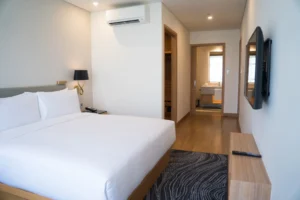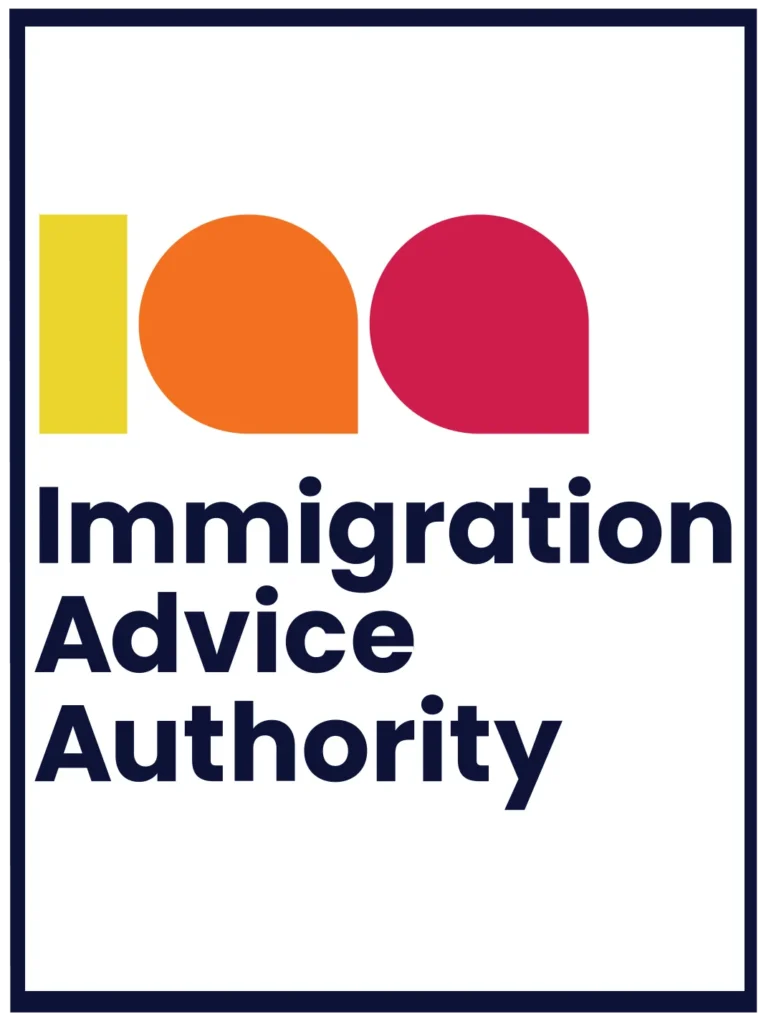Moving to the UK is an exciting adventure, but securing housing and accommodation can be challenging, especially if you are unfamiliar with the rental process. Whether you’re relocating for work, studies, or personal reasons, this guide will help you navigate the housing market and find a suitable place to live.

1. Understand Your Housing Options
The UK offers a variety of housing options to suit different needs and budgets:
- Private Rentals – Renting a flat or house from a private landlord.
- House Shares – Renting a room in a shared house, which is a common and cost-effective option for students and young professionals.
- Student Accommodation – University halls of residence or private student housing.
- Council Housing – Affordable housing provided by local authorities, though often with long waiting lists.
- Buying a Property – An option for those planning a long-term stay.
2. Prepare the Necessary Documents
Before you start applying for rental properties, gather the required documents:
- Proof of identity (passport or visa)
- Proof of income or employment contract
- Bank statements
- UK guarantor (if required, particularly for students)
- References from previous landlords (if applicable)
3. Start Your Property Search
Once you have an idea of where you want to live and your budget, begin your search:
- Online Property Portals – Websites like Rightmove and Zoopla list available properties.
- Letting Agents – Registered agents can help find rental properties.
- Social Media and Forums – Facebook groups and expat forums often list available rentals.
- University Accommodation Services – If you’re a student, check with your university for housing options.
4. Viewing and Securing a Rental Property
When viewing a property, check for:
- Condition of the house or flat
- Included furniture and appliances
- Transport links and local amenities
- The terms of the tenancy agreement
Once you find a suitable place, you may need to:
- Pay a holding deposit (usually one week’s rent)
- Sign a tenancy agreement
- Pay a security deposit (capped at five weeks’ rent for most properties)
- Set up utility accounts (gas, electricity, water, and internet)
5. Know Your Tenant Rights
In the UK, tenants have legal protections, including:
- The right to a safe and habitable home
- Protection from unfair eviction
- The right to a tenancy deposit protection scheme
- Landlords must provide an Energy Performance Certificate (EPC), Gas Safety Certificate, and Electrical Safety Report
For more details, visit the UK Government’s official housing website: www.gov.uk/private-renting
6. Alternative Short-Term Accommodation
If you need temporary accommodation while searching for a permanent home, consider:
- Hotels or serviced apartments
- Airbnb or short-term rentals
- Hostels (budget-friendly option)
Final Thoughts
Finding accommodation in the UK can take time, but by researching thoroughly and preparing in advance, you can secure a comfortable home that suits your needs. Be cautious of rental scams, always sign a legal tenancy agreement, and know your rights as a tenant. With the right approach, you’ll settle into your new home in no time!


